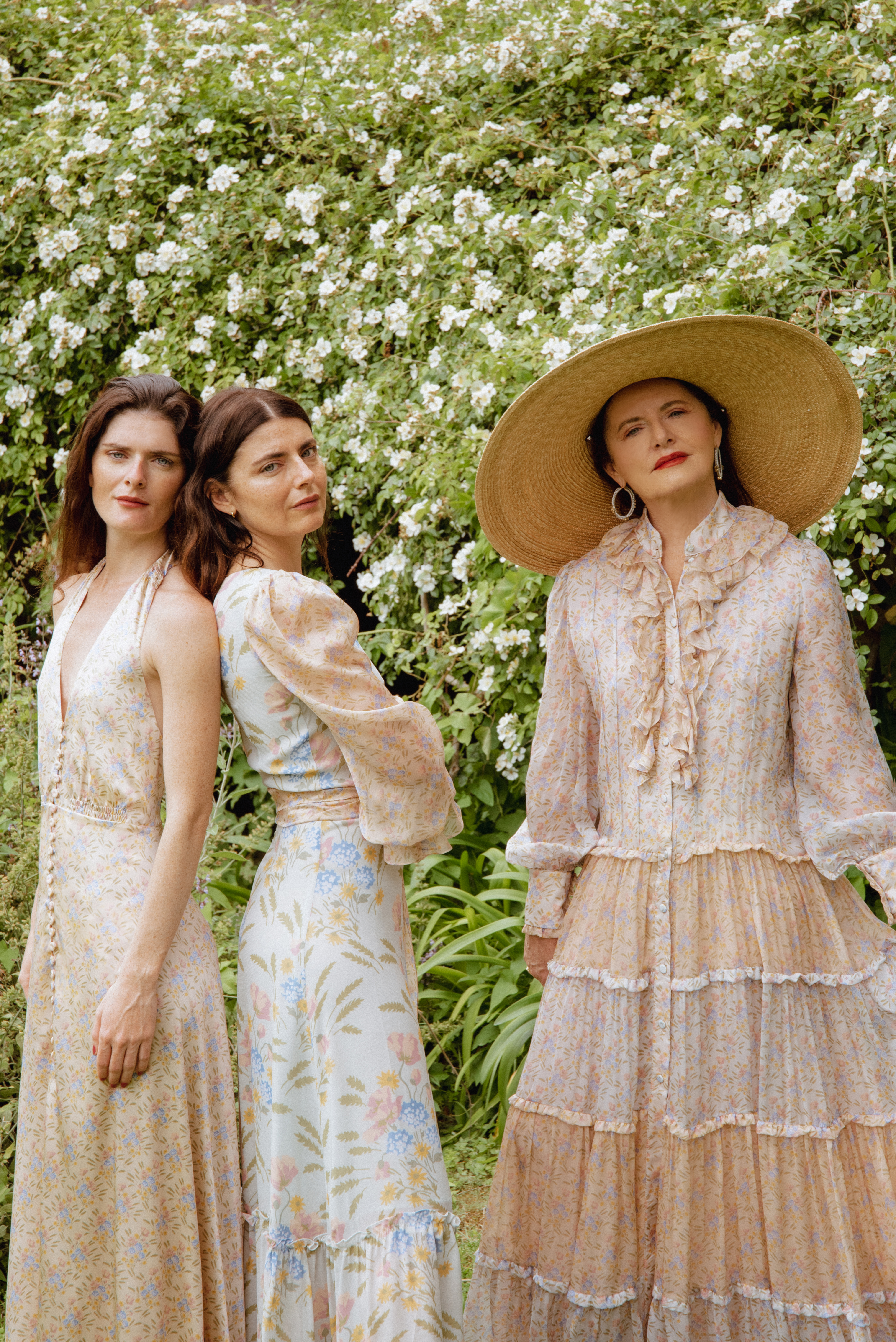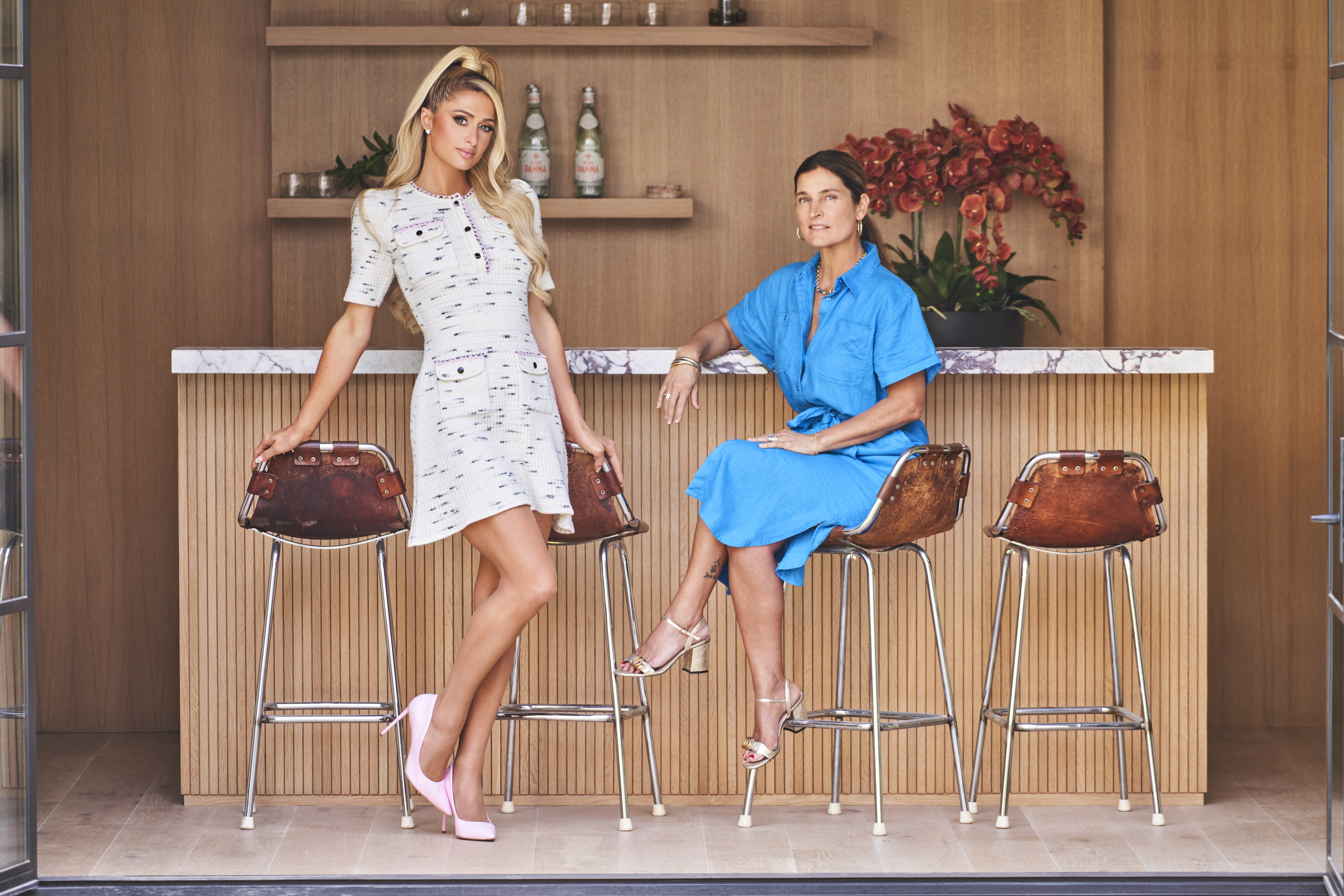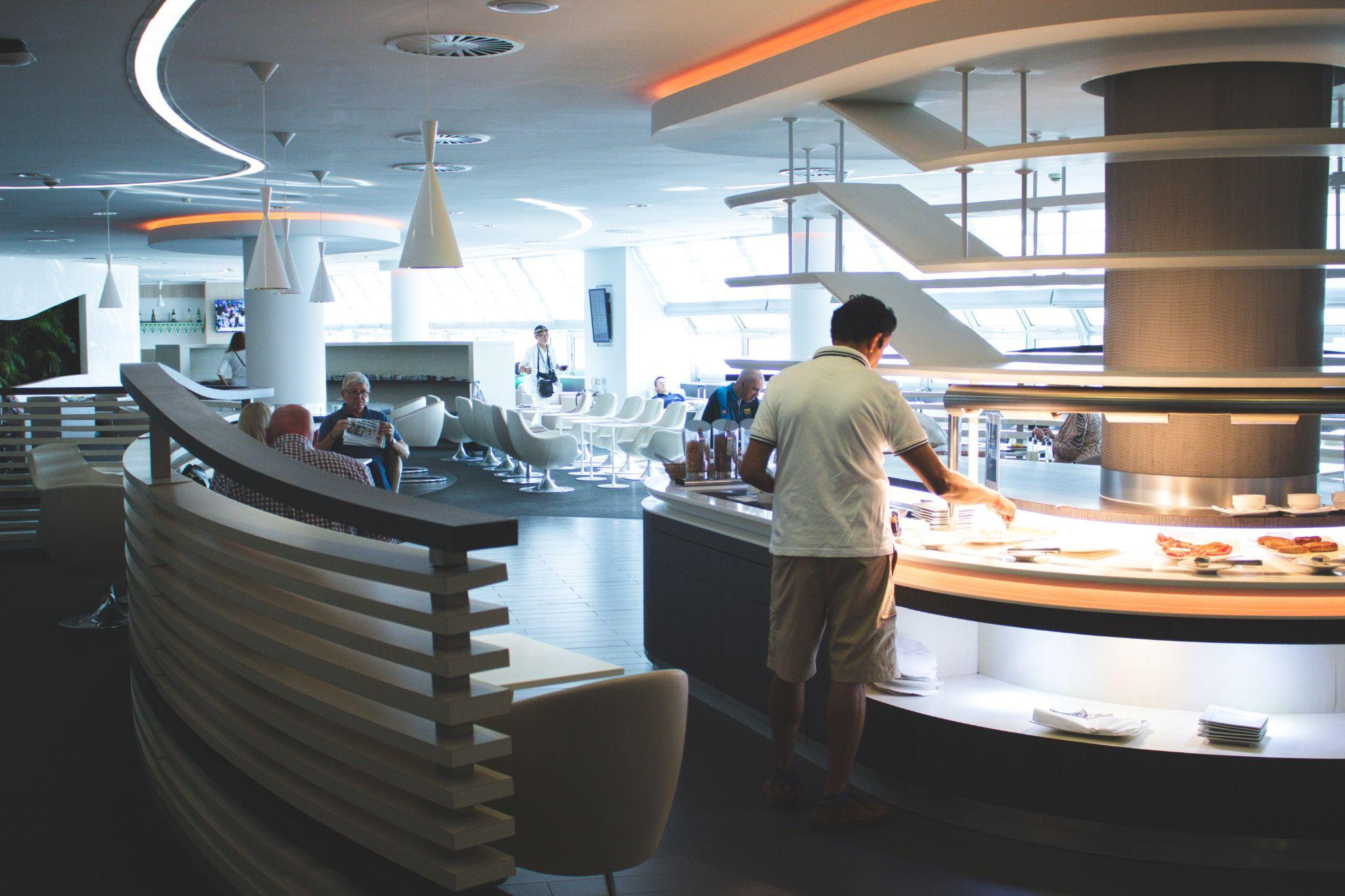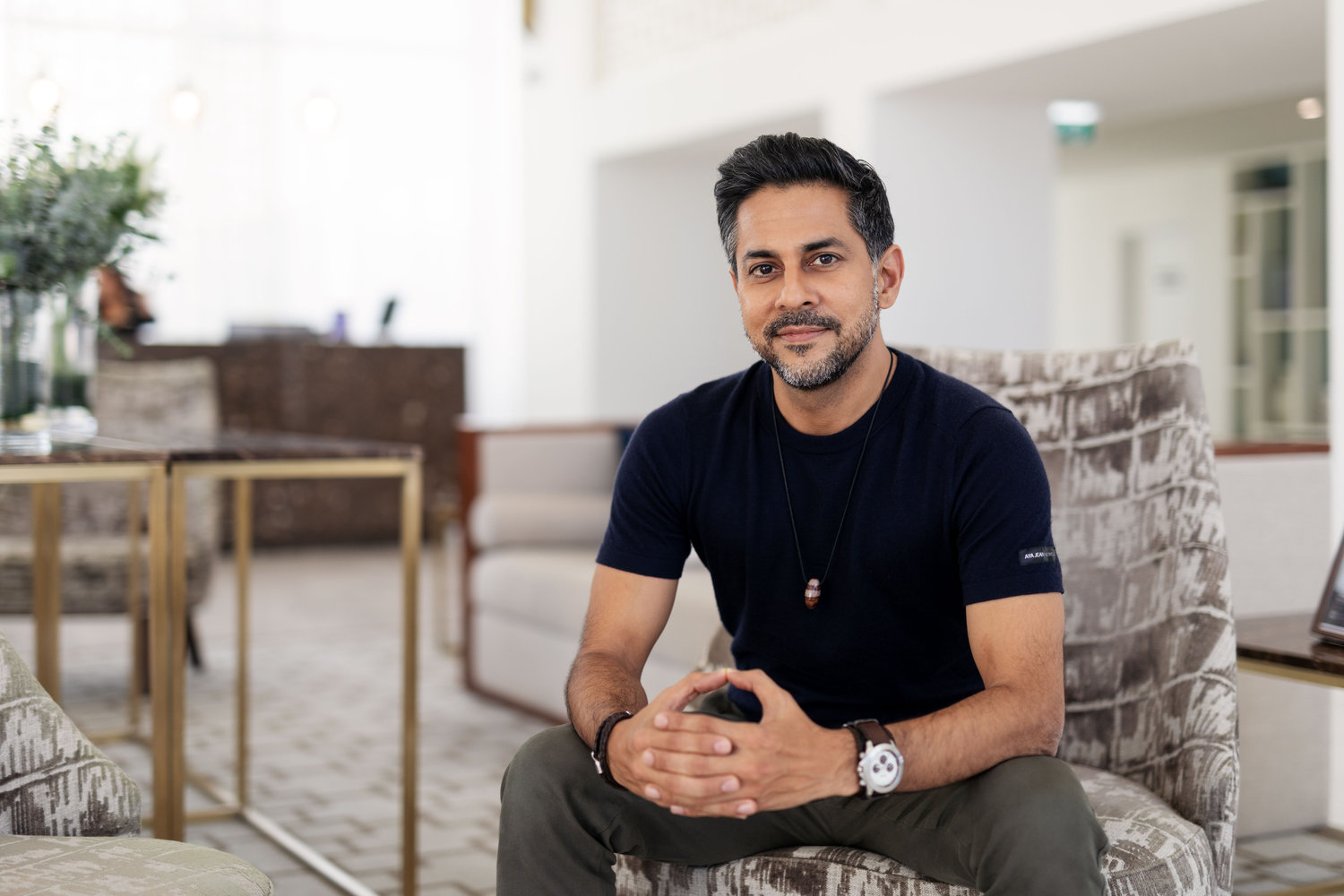
With the much-awaited Future Human 2025 event just around the corner, we had the privilege of sitting down with Vishen Lakhiani, the visionary founder of Mindvalley. Known for his pioneering work in personal transformation and growth, Vishen shared insights into the dynamic intersection of AI, the future of longevity, and why the Middle East is emerging as a beacon of innovation and progress. Our fascinating conversation offered a glimpse into the ideas shaping this groundbreaking event and its mission to equip individuals with the tools to thrive in a rapidly evolving world.
Delna Mistry Anand: Vishen, let’s dive right into it. What is Future Human 2025 all about?
Vishen Lakhiani: Great question. Let me start with this: the world is changing faster than most people can comprehend. Between 2022 and 2026, we’ll see as much progress as humanity made between 1900 and 2000. That’s a hundred years of innovation condensed into four years. Think about that for a moment.
Now, this change is being driven by exponential technologies—AI, advancements in energy, health, water desalination—you name it. But here’s the problem: most people aren’t ready for it. Even Elon Musk has said we need to slow down AI development just to let humans catch up.
That’s why I created Future Human 2025. This isn’t just an event—it’s a movement. It’s designed to equip people with the skills, tools, and mindset to not only adapt to this new world but to thrive in it.
That sounds revolutionary. Can you break down what happens during the three days?
Absolutely. Each day is focused on a critical area of transformation.
Day One is all about optimizing the brain.
Let me tell you, the advancements we’re seeing in cognitive science are mind-blowing. For example, there’s a molecular compound called parzanti that can give you laser focus and mental clarity, better than caffeine—without the jitters. That’s the kind of stuff we’ll be talking about.
But it’s not just biochemistry. We’ll also focus on reframing beliefs. Did you know that if you believe stress is harmful, it actually hurts your body? But if you see stress as a performance enhancer, it has zero negative effects. Science proves this. Your mindset literally shapes your biology.
And then there’s AI. People think AI is just ChatGPT, but let me tell you—it’s so much more. Imagine an AI tool that creates a roadmap for your goals, coaches you daily, and even generates a video of you achieving your dream life. That’s where the future is headed.
Day Two is focused on longevity and health.
This is where it gets really exciting. Right now, we’re entering what scientists call “longevity escape velocity.” It means that for every year you live, science will give you more than a year back.
Think about it—if you’re 50 today, you could live to see 120 and still feel like you’re 40. The best biohackers are already slowing their aging to 0.6 years for every 1 year.
We’re also tackling the “Four Horsemen of the Apocalypse”—cancer, diabetes, heart disease, and dementia. With advancements in biotechnology, we’re making these diseases manageable, if not entirely preventable. On Day Two, we’ll show you how to live longer and better.
Day Three is where it gets spiritual.
This is about the soul—our intuition, creativity, and ability to shape reality. I believe the world is an illusion, and we have the power to mold it.
This isn’t just theory. Imagine using AI to tap into your intuition. We’ve built prototypes where you can input your goals, and the AI acts as a coach, guiding you step by step. It can even generate a video of you living your dream—whether it’s running a successful business or pursuing your passion.
Day Three is where we combine the soul with technology to unlock the most dynamic aspects of being human.
AI-driven connections and personal growth? That’s incredible.
It is, and we’re taking it one step further. At Future Human 2025, we’re introducing AI that connects you to the right people.
Imagine this: you’re in a room with thousands of attendees. Using AI, we’ll identify five people you absolutely need to meet—whether it’s for business, collaboration, or friendship. These connections are curated based on your passions, goals, and personality.
In the future, this will get even crazier. Imagine wearing a ring that measures your stress levels, heart rate, and emotional state. When you meet someone and your biometrics align, the AI knows you’re vibing on a deeper level. It’s like science and serendipity coming together.
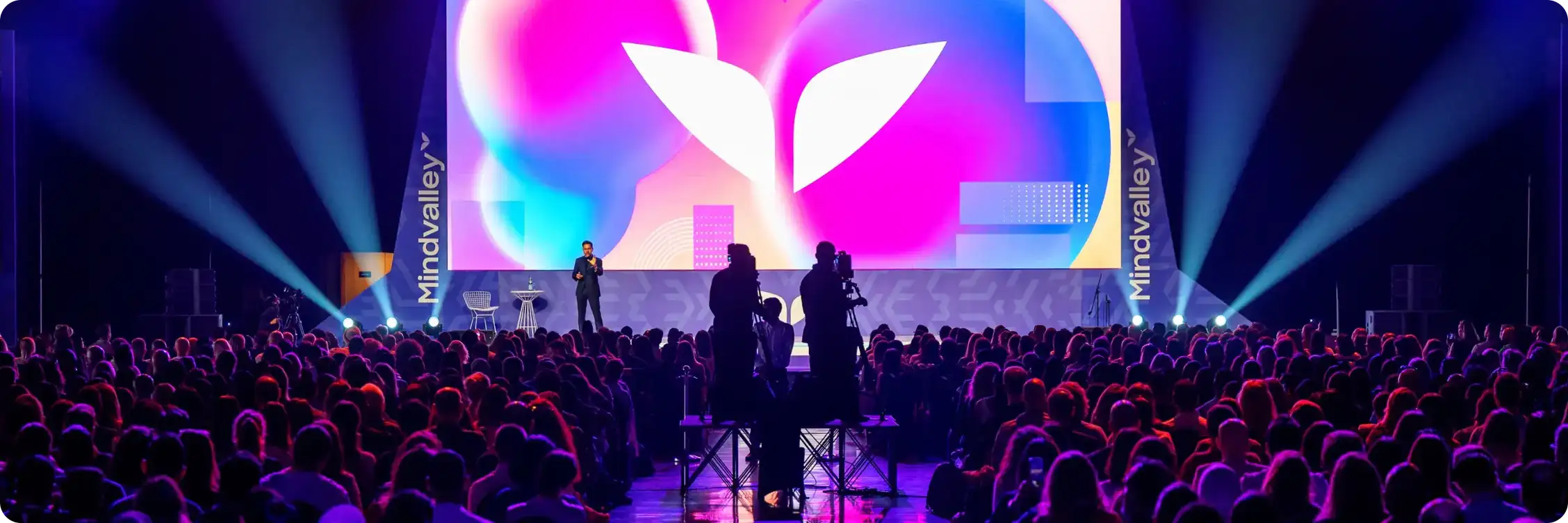
Why did you choose Dubai as the venue for this event?
Because Dubai is the future. It’s not just a city; it’s a beacon. It shows the world what’s possible when you combine vision with action.
The Middle East has been misunderstood and unfairly portrayed for too long. Hosting Future Human 2025 here is about rewriting that narrative. Dubai isn’t just a bubble of progress—it’s a beacon, inspiring others to follow. Look at what’s happening in Saudi Arabia, Qatar, and across the GCC. This region is leading the way in innovation.
And let’s be clear—this isn’t just for the GCC. Half the attendees will be flying in from countries like India, the US, and beyond. But Dubai is the heart of it all.
You mentioned earlier that people have misconceptions about global progress. Can you expand on that?
Absolutely. Let me ask you a question: what percentage of the world do you think lives in poverty today?
I’d guess… maybe 30%?
Nope. It’s just 9%. Poverty has dropped faster in the last 50 years than at any point in history.
Here’s another one: how many children does the average woman have globally?
Three?
Wrong again. It’s 2.1. In fact, birth rates are so low in developed countries that we’re facing population decline.
The problem is, most people’s perceptions are shaped by the media, which thrives on negativity. But the truth is, the world is improving at an astonishing rate. At Future Human 2025, we’re not just focusing on problems—we’re helping people see the opportunities and solutions.
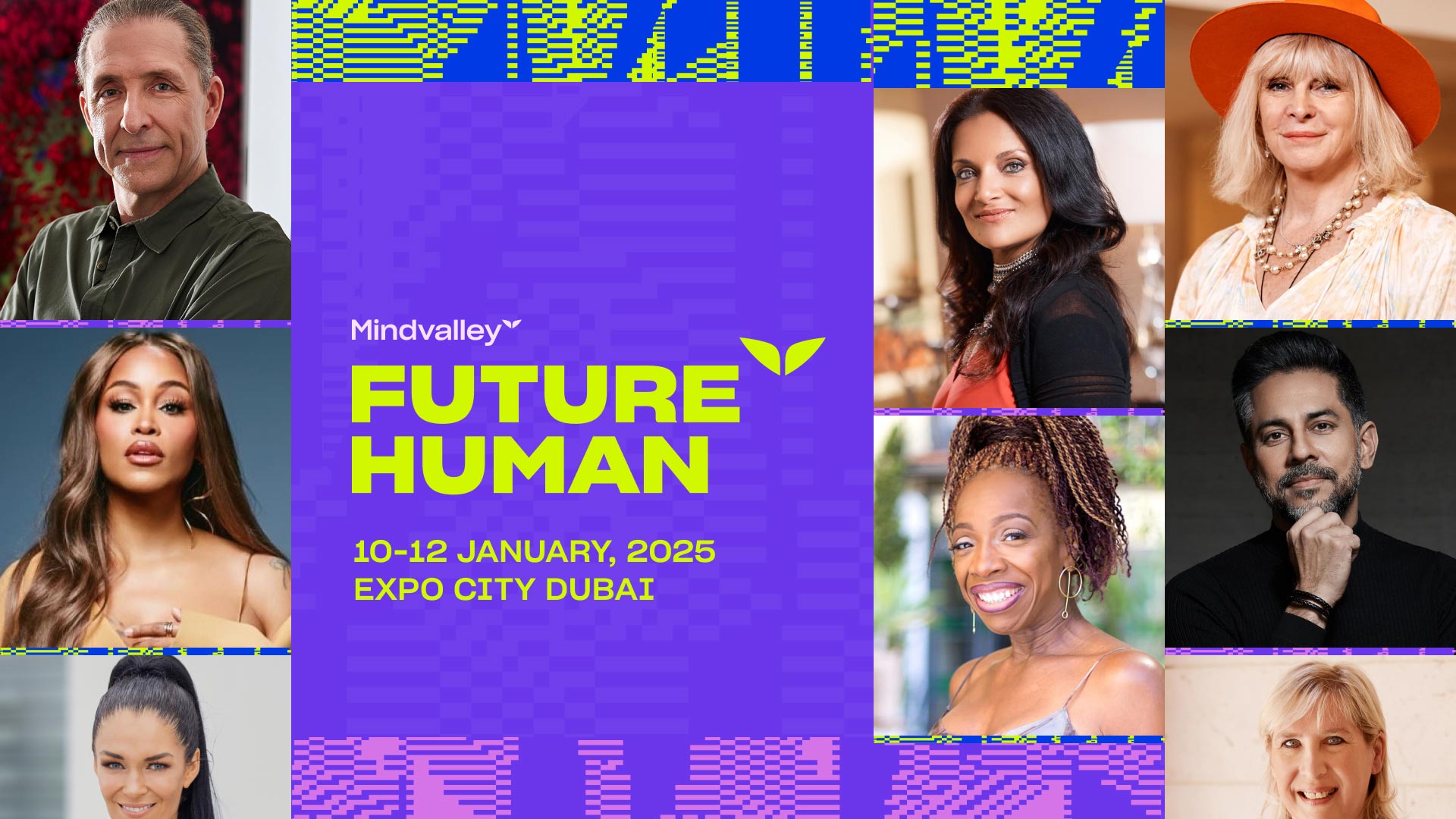
What advice would you give to young people in the Middle East who want to prepare for this future?
My advice is simple: your school isn’t going to prepare you for what’s coming. Sure, go to school—it’s great for socialization. But the skills you really need? They’re not being taught in classrooms.
Here’s what I’d tell every young person in the Middle East—or anywhere, for that matter:
1. Learn about AI. Start playing with AI tools right now. Understand how they work and how they’re shaping the future. You don’t need to wait for someone to teach you—start exploring today.
2. Master your health. Dive into fitness, biohacking, and the science of longevity. Your body is your foundation, and if you don’t take care of it, nothing else will matter.
3. Study entrepreneurship and investing. Even at 13 or 14, start learning about index funds, compounding interest, and how to create value. These are lifelong skills that will set you apart.
4. Focus on personal growth. Learn speed reading. Practice mindfulness. Develop emotional intelligence. These are the skills that will give you an edge in any field.
And here’s a big one: don’t stress about grades. Do well enough to keep your parents happy, but remember—grades don’t define your future. Your adaptability, your mindset, and your curiosity will take you further than any test score ever could.
That’s powerful advice. What’s your ultimate vision for Future Human 2025?
My vision is this: to help humanity rise to the challenges and opportunities of this incredible new era.
But here’s the thing—it’s not just about personal growth for your own sake. That’s ego-driven. True transformation is about becoming a better human and creating a ripple effect that uplifts everyone around you.
In the Middle East, this is especially important. This region has so much untapped potential. But for the world to see it, we need to tell the right stories and shine a spotlight on the innovation happening here.
That’s why Future Human 2025 isn’t just an event. It’s a statement. It’s saying, “The Middle East is ready to lead.” And it’s not just for the GCC. It’s for anyone who wants to thrive in this new world.
What about the broader challenges the world is facing—conflict, inequality, misinformation? How does this fit into the bigger picture?
That’s a great question. The world is improving, but there are still massive challenges. Look at what’s happening in Gaza or Lebanon. Look at how people from this region are often dehumanized in global narratives.
This is where personal growth ties into something bigger. As people evolve, they move from self-centered thinking to “cosmocentrism,” which is a fancy way of saying they care about the world as a whole. When you expand your compassion, you don’t just care about yourself—you care about others, about the planet.
At Mindvalley, we’re helping people make that shift. Whether it’s through how we teach investing—encouraging ethical choices—or how we focus on human connection, the goal is the same: to create a better world.
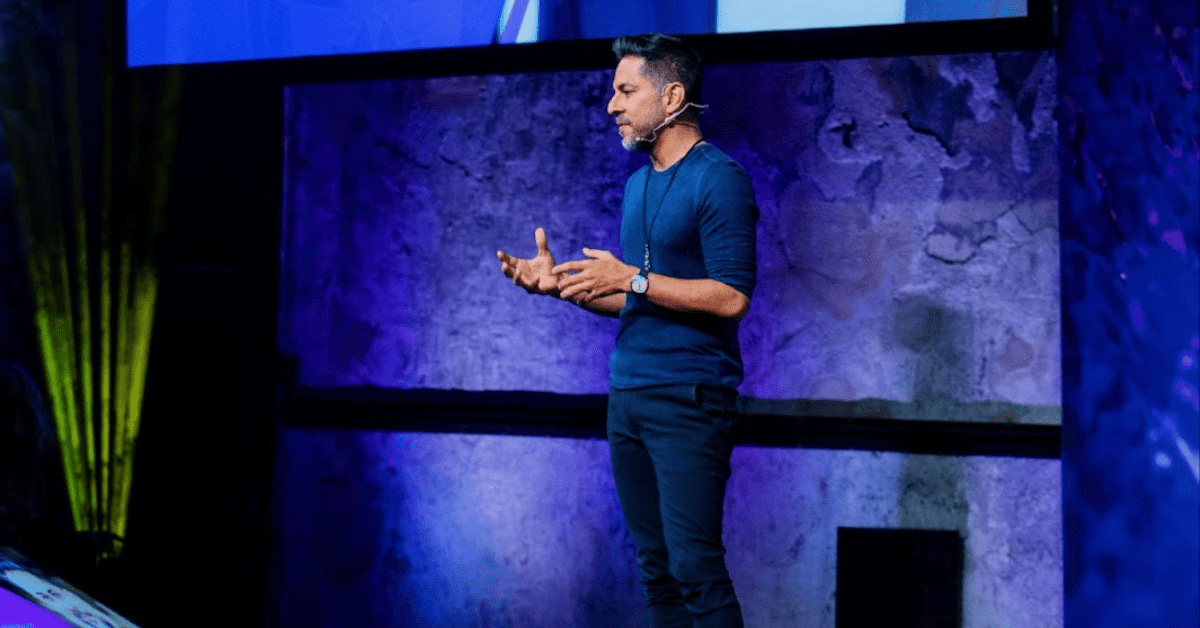
Wrapping this up, what’s your message for the Middle East, and for the world?
My message is this: the world is getting better. The Middle East is getting better. Dubai is proof of what’s possible when innovation meets ambition.
But we can’t stop there. We need to tell the right stories. We need to show the world that this region isn’t just keeping up—it’s leading.
And most importantly, we need to embrace the future—not just as individuals, but as a connected, compassionate global community. That’s what Future Human 2025 is all about.
Thank you, Vishen. This has been eye-opening, and it has been my absolute pleasure speaking with you.
Thank you—and remember, the future isn’t something that happens to us. It’s something we create. Let’s create something extraordinary.
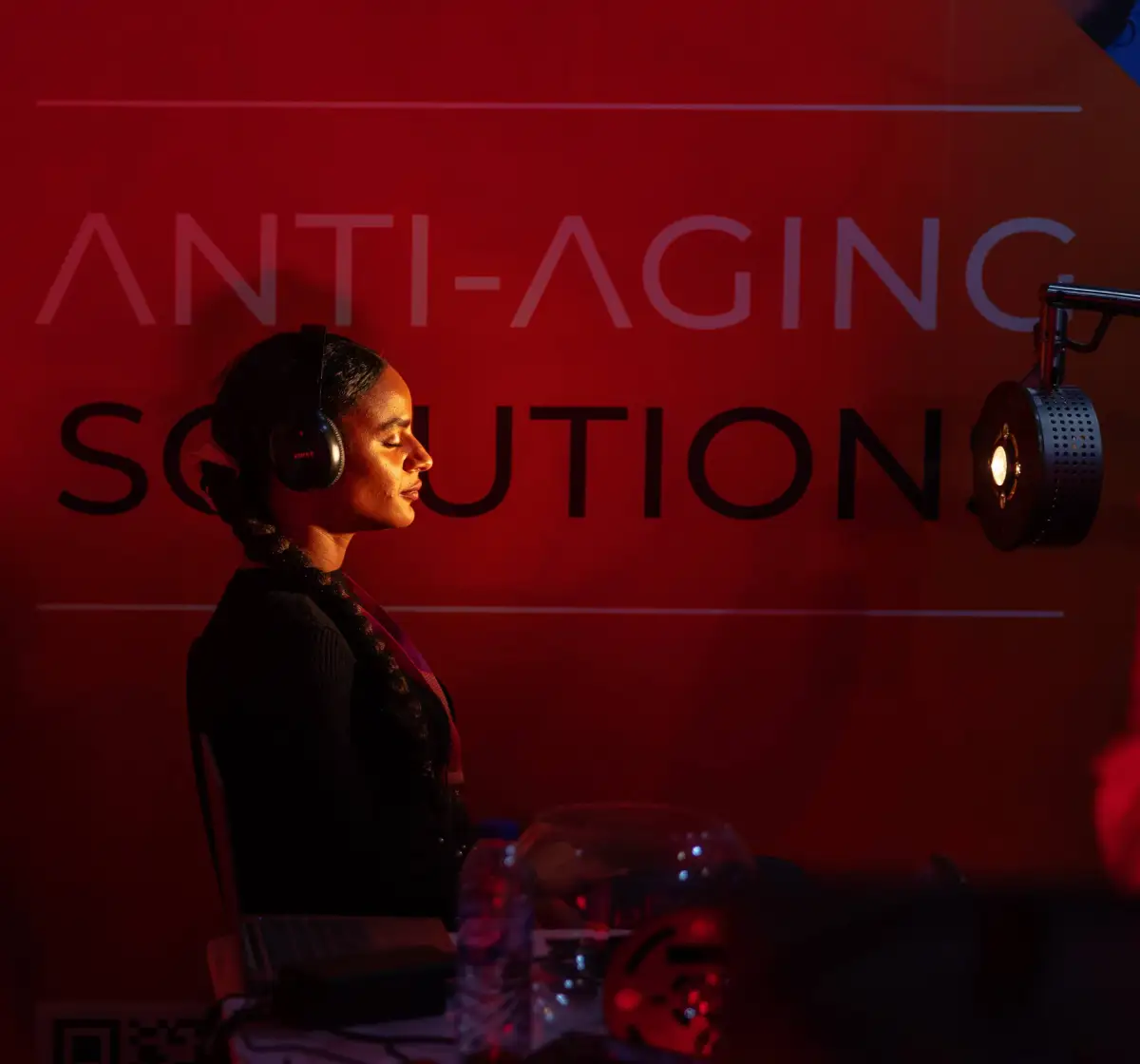
Future Human 2025 is a three-day journey happening in Dubai on January 10-12, 2025, into the skills, mindsets, and strategies for thriving in our fast-changing world. This program equips you with tools to excel in your career, boost your health, and accelerate your journey to an extraordinary life. Led by renowned teachers, Future Human 2025 combines breakthrough learning with energizing, real-world fun.
https://www.mindvalley.com/futurehuman/about
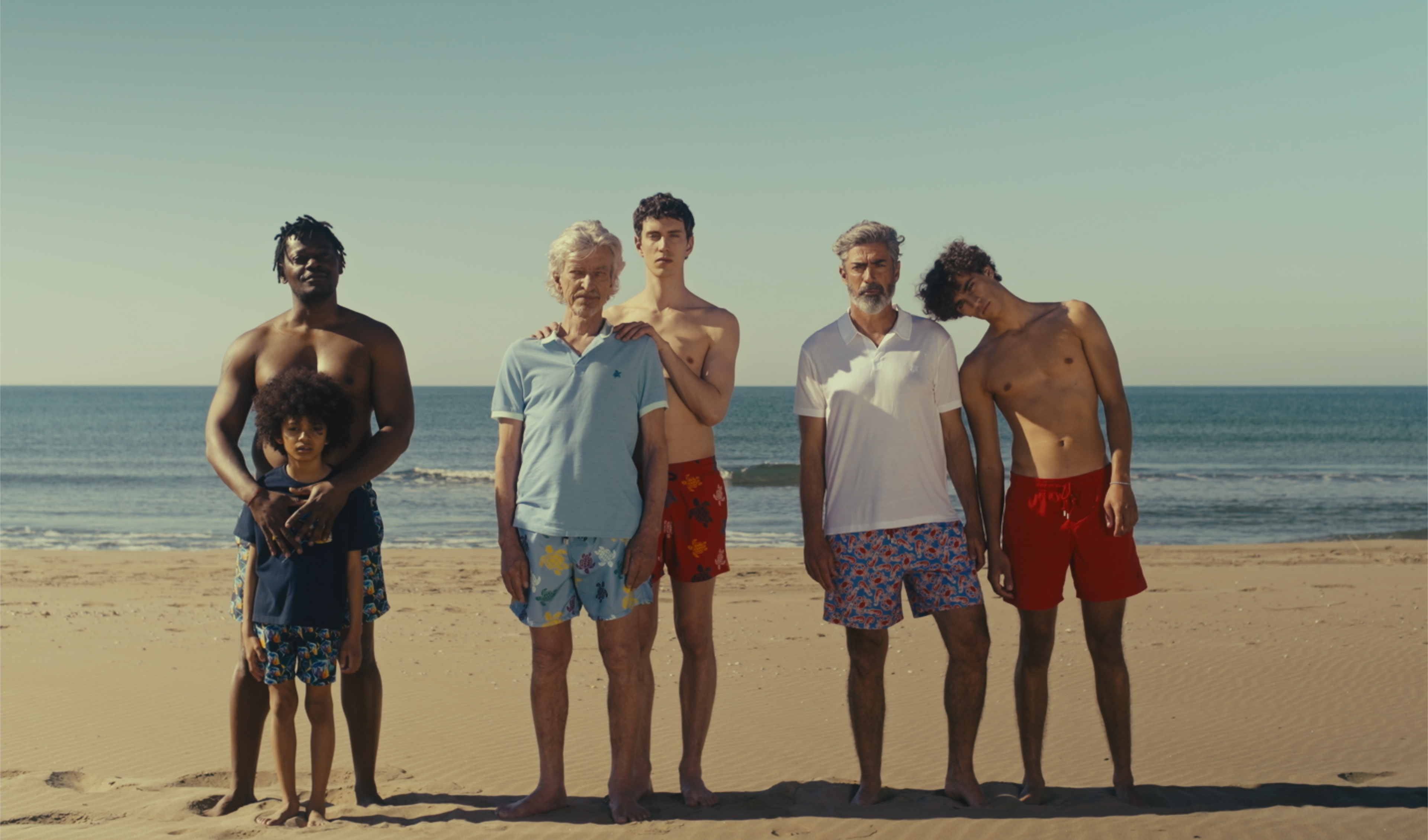

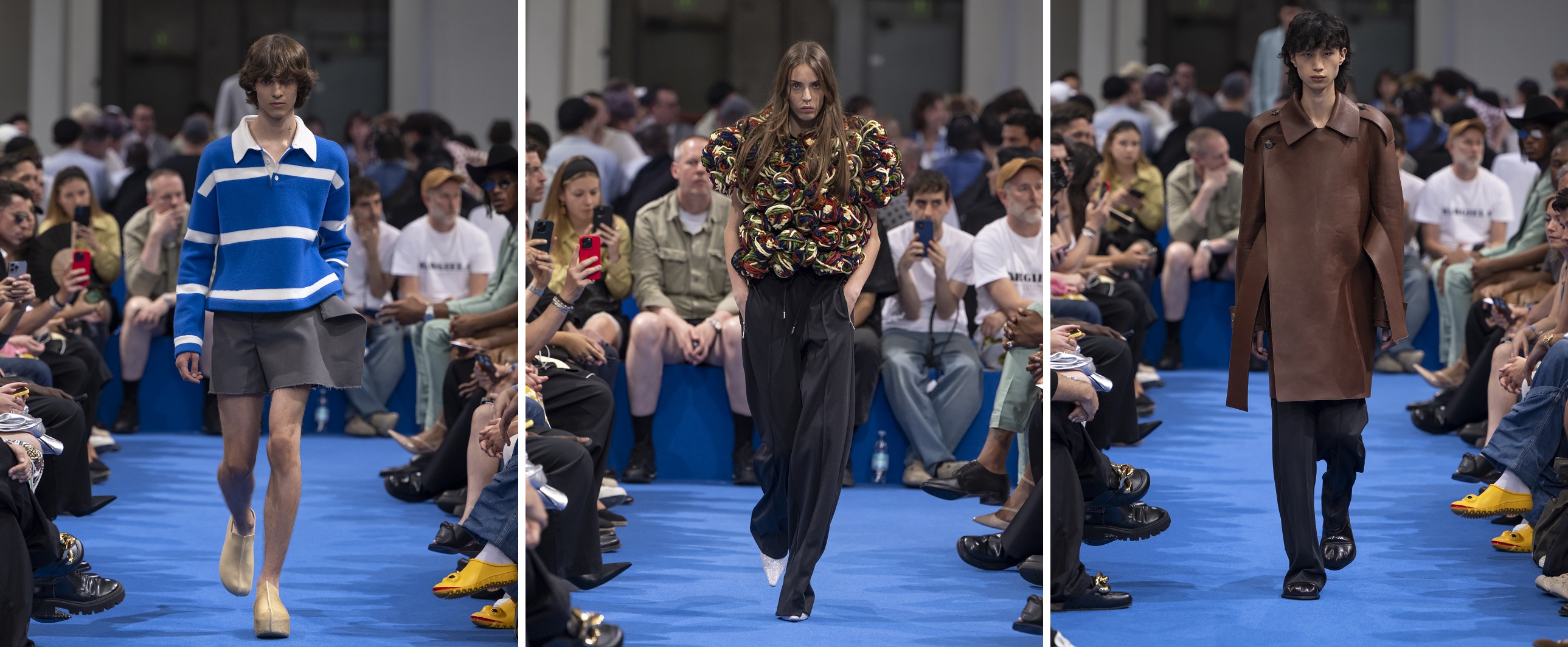
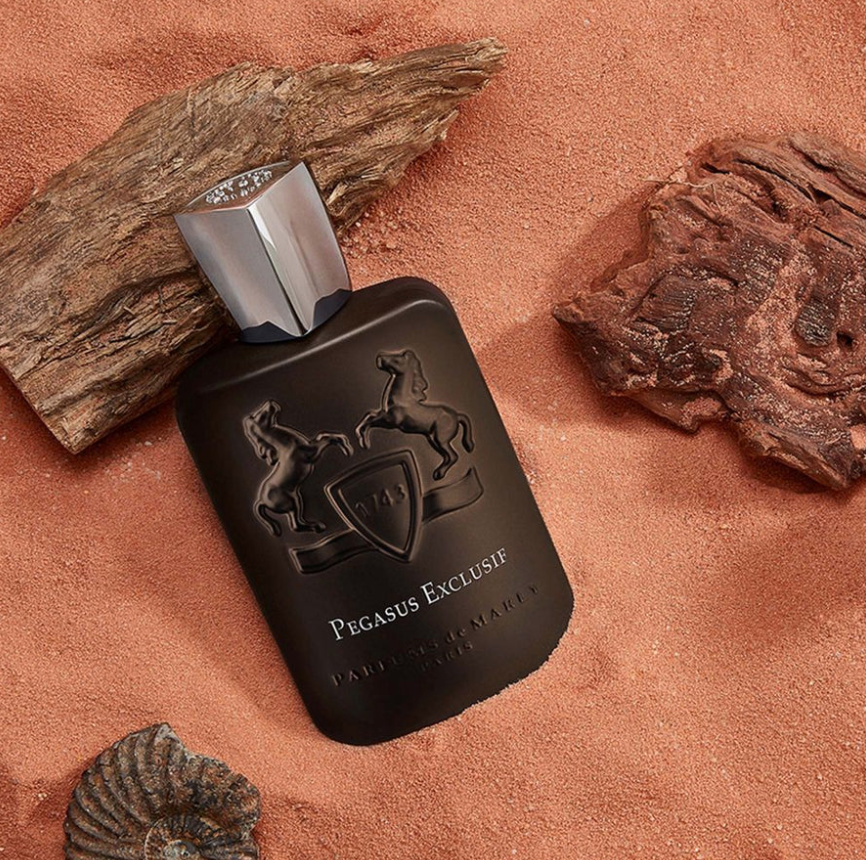
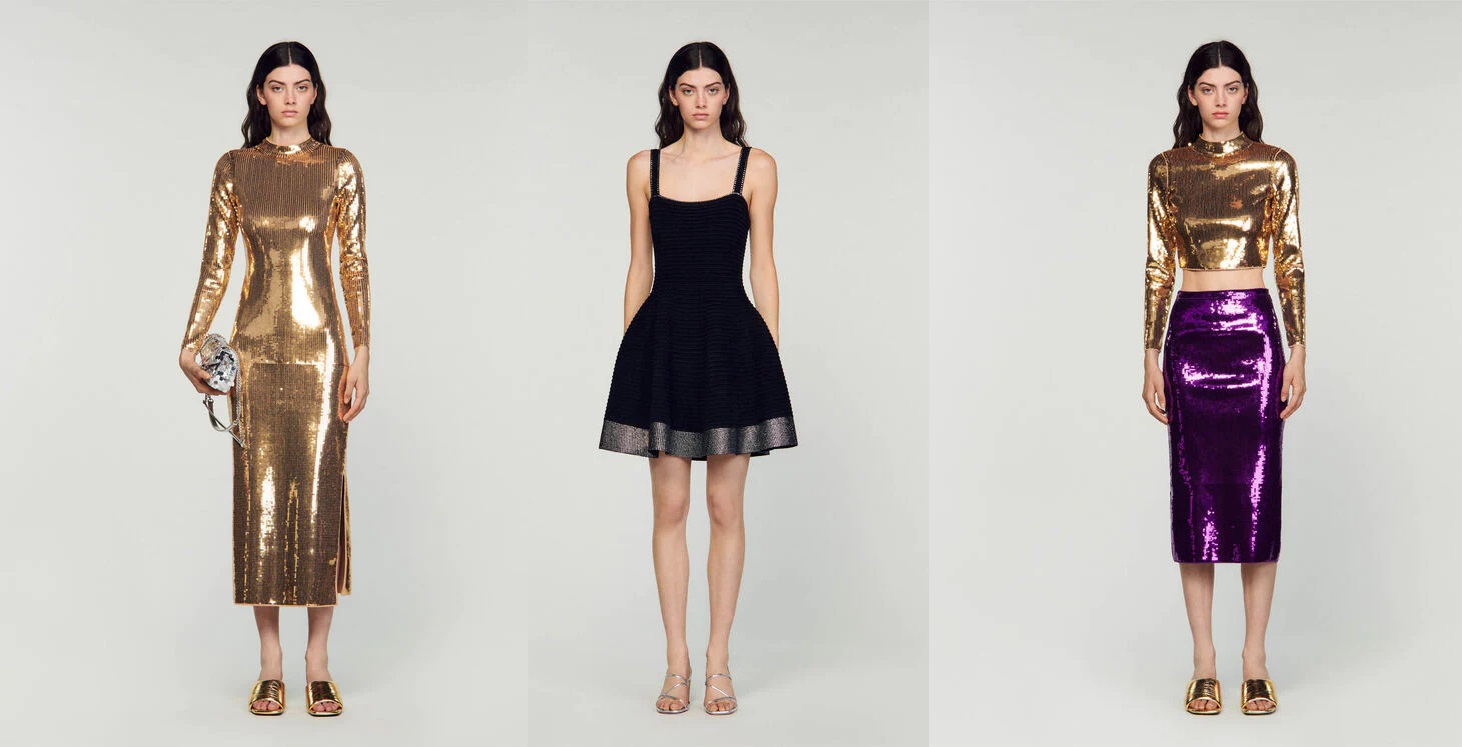
.jpg)
